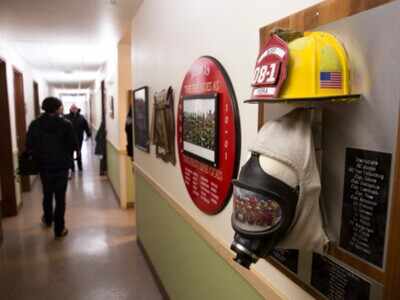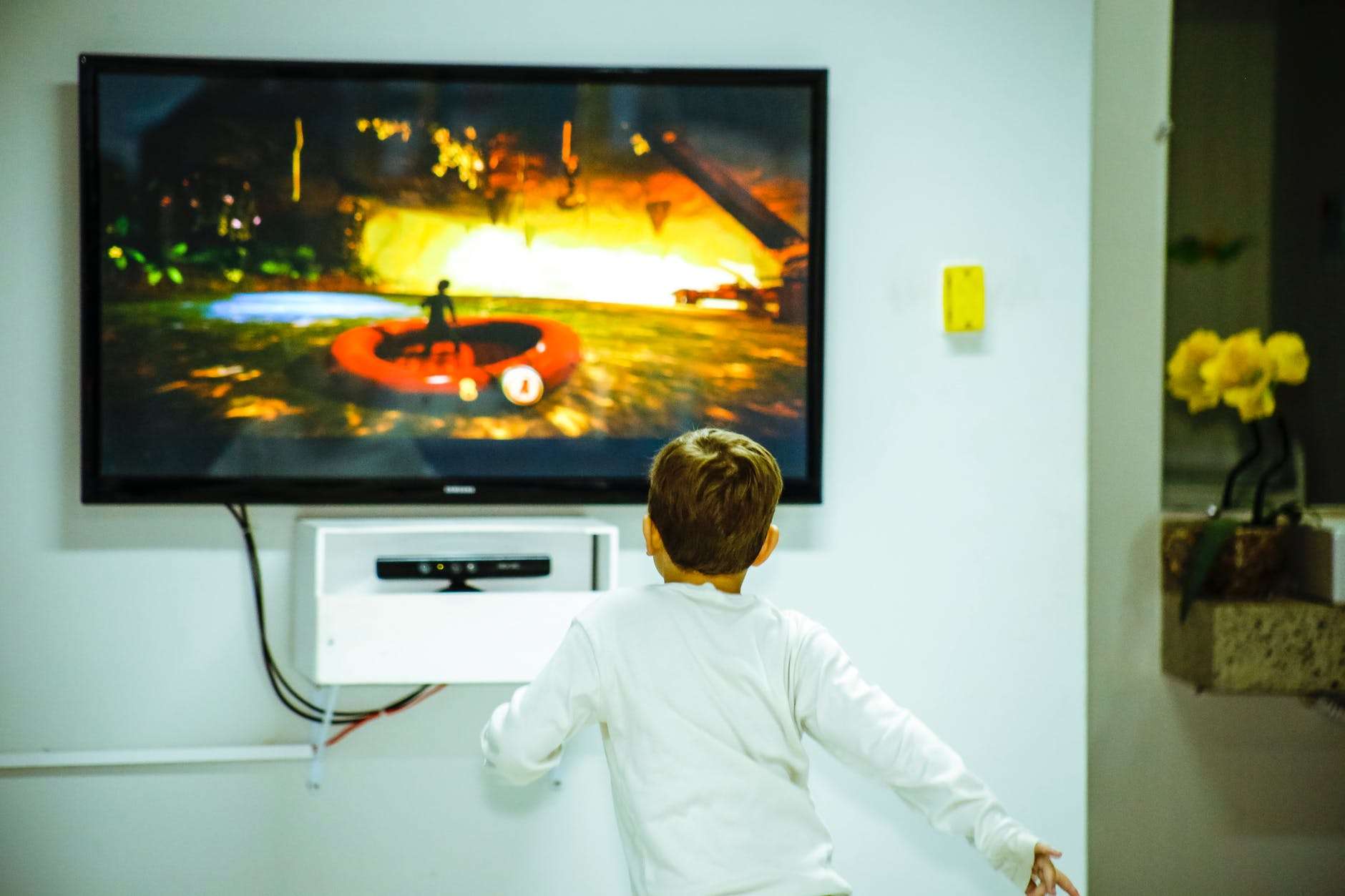
John Chen, a college graduate, is desperately seeking help for his mom. She has a high fever, but isn’t strong enough to stand in line for hours to be tested for the virus raging through their city. On the front line, a 30-year-old respiratory doctor has slept only a few hours in two weeks.
Scenes of chaos and despair are emerging daily from China’s Hubei province, the landlocked region of 60 million people where the new coronavirus was first identified. While cases have spread around the globe, the virus’ impact has been most keenly felt in Hubei, which has seen a staggering 97% of all deaths from the illness, and 67% of all patients.
“If the province was not sealed off, some people would have gone all around the country to try to get medical help, and would have turned the whole nation into an epidemic-stricken area,” said Yang Gonghuan, former deputy director general of China’s Center for Disease Control and Prevention. “Some things are hard, but must be done.”As the lockdown continues with no end in sight, it’s raising ethical questions. “The lockdown may be necessary to contain the spread, but you have to ensure there’s enough medical resources to meet the demand for care in those cities,” said Zhang Qianfan of Peking University.
Over 8,000 medical workers have gone into Hubei, but hospitals are still short of supplies. For those seeking medical care, resignation has set in. The idea of sacrificing one’s self for a greater, national goal is deeply-embedded in Chinese culture. “You learn that’s how the system works,” Chen said.
Scenes of chaos and despair are emerging daily from China’s Hubei province, the landlocked region of 60 million people where the new coronavirus was first identified. While cases have spread around the globe, the virus’ impact has been most keenly felt in Hubei, which has seen a staggering 97% of all deaths from the illness, and 67% of all patients.
“If the province was not sealed off, some people would have gone all around the country to try to get medical help, and would have turned the whole nation into an epidemic-stricken area,” said Yang Gonghuan, former deputy director general of China’s Center for Disease Control and Prevention. “Some things are hard, but must be done.”As the lockdown continues with no end in sight, it’s raising ethical questions. “The lockdown may be necessary to contain the spread, but you have to ensure there’s enough medical resources to meet the demand for care in those cities,” said Zhang Qianfan of Peking University.
Over 8,000 medical workers have gone into Hubei, but hospitals are still short of supplies. For those seeking medical care, resignation has set in. The idea of sacrificing one’s self for a greater, national goal is deeply-embedded in Chinese culture. “You learn that’s how the system works,” Chen said.
Download The Times of India News App for Latest World News.
more from times of india news
Get the app









